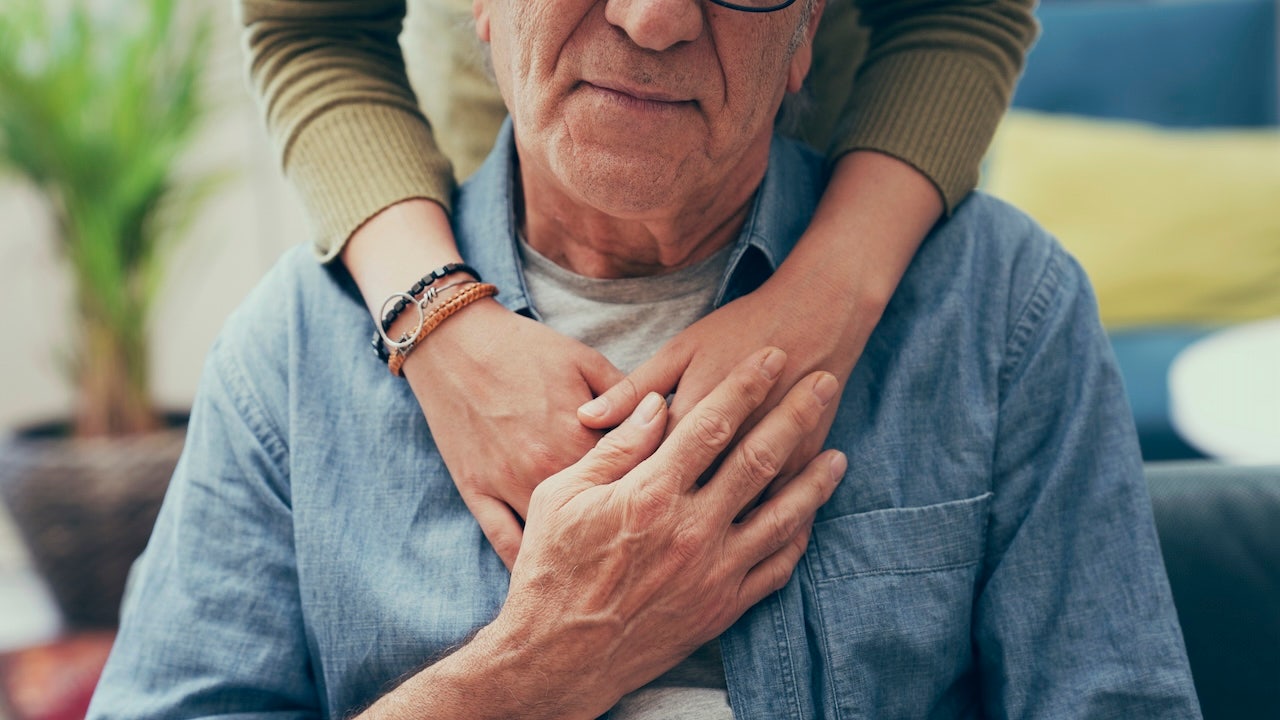Neurologist shares why dementia rates are rising and how to reduce risk

Dementia cases continue to rise in the U.S., with individuals over the age of 55 facing a 42% risk of developing the condition in their lifetime. A recent study led by Johns Hopkins University projected half a million new dementia cases in 2025, with the number expected to increase to one million per year by 2060. However, behavioral neurologist Dr. Joel Salinas, who is also an associate professor at NYU Grossman School of Medicine, emphasizes that people are not powerless in reducing their risk of developing dementia.
In a recent on-camera interview with Fox News Digital, Salinas discussed the factors contributing to the spike in dementia cases and highlighted behavioral changes that could potentially provide cognitive protection. One of the primary drivers of the increase in dementia cases is the aging population, particularly the baby boomer generation. As this demographic group continues to age, the prevalence of cognitive impairment is expected to rise significantly.
Age is a significant risk factor for dementia, with the risk increasing after the age of 65 and becoming even higher after the age of 85. Additionally, factors such as social isolation and loneliness, exacerbated by the COVID-19 pandemic, can also contribute to cognitive decline. Salinas stressed the importance of social engagement in reducing the risk of dementia, as well as addressing other lifestyle factors such as nutrition, exercise, and sleep quality.
While there is a genetic component to dementia, Salinas noted that rare genetic mutations are not the primary cause of the condition. Lifestyle modifications such as quitting smoking, limiting alcohol consumption, and staying socially engaged can help mitigate the risk of developing dementia. Additionally, addressing hearing loss and getting adequate sleep are crucial factors in maintaining brain health and preventing cognitive decline.
Early detection of cognitive impairment is key to intervening at the earliest stages of the disease. Salinas highlighted the importance of recognizing atypical symptoms and seeking medical advice promptly. While it can be challenging to distinguish between normal aging and early signs of dementia, individuals should pay attention to any changes in memory and cognitive function that interfere with daily activities.
Salinas emphasized the need for individuals to advocate for their health and seek a second opinion if their symptoms are dismissed by medical providers. By taking proactive steps to address risk factors and prioritize brain health, individuals can reduce their likelihood of developing dementia and empower themselves with the knowledge to make informed decisions about their future.




